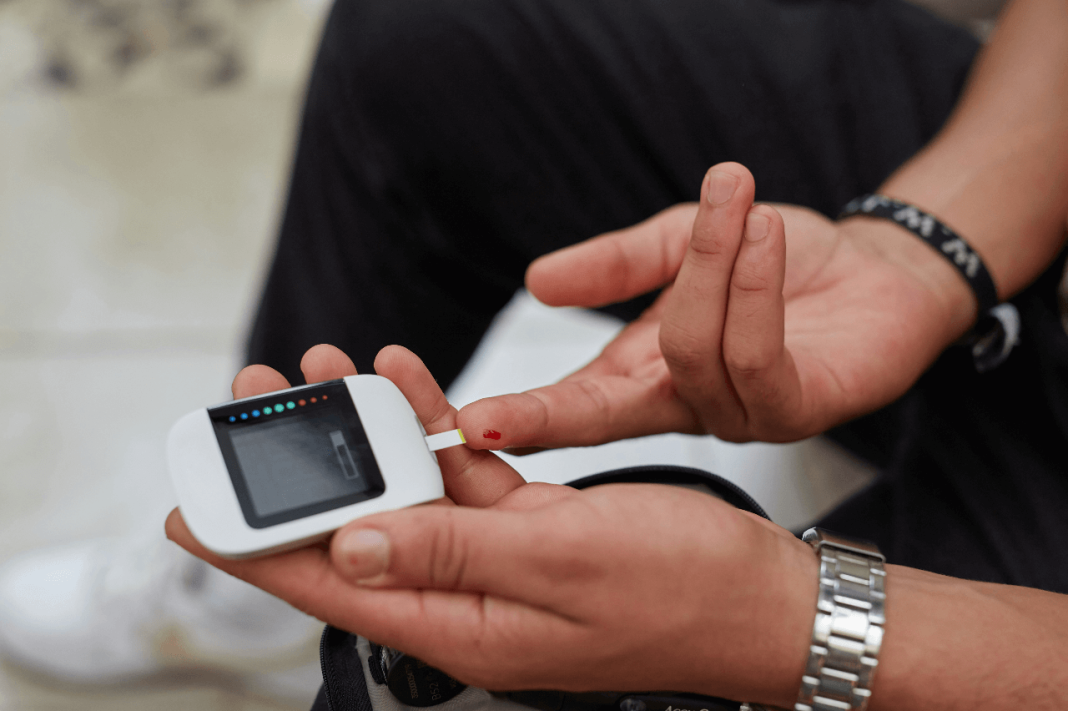Diabetes prevalence is increasing around the world at a rapid pace and has become a significant public health dilemma. Sedentary lifestyles, poor eating habits, and increasing stress are some of the most important contributors to this global health concern. However, small yet consistent lifestyle changes can play a significant role in preventing and managing diabetes positively. For more health insights, explore our Top Stories section.
Understanding the Increase in Diabetes
Modern lives have shifted towards convenience, often meaning fast food, prolonged sedentary activity, and little to no exercise. This shift contributes to weight gain and insulin-insensitivity (the leading cause of Type 2 diabetes). Additional issues, such as environmental influence, genetics, and lack of awareness, contribute to the increase in diabetes. For these reasons, awareness and proactive primary care are necessary for slowing the influx of new diabetes cases.
Simple Lifestyle Changes to Improve Your Health
- Eat Every Day Healthy: As a general rule, try to eat whole grains, leafy greens, fruits, and other fibre-rich foods, and limit sugar and processed food to help stabilise blood sugar levels.
- Exercise Regularly: Do at least 30 minutes of moderate exercise (e.g. brisk walking or biking) a minimum of five times per week.
- Manage Stress: Elevated levels of chronic stress can cause blood glucose levels to rise; meditation and yoga are a couple of practices that can help!
- Sleep Well: You should aim for a good night’s sleep of around 7-8 hours to help balance hormones and maintain metabolism.
- Avoid Smoking and Alcohol: Both can hinder insulin sensitivity as well as increase the risk of complications.
To discover more about a healthy diet plan for managing diabetes, click the link to read our full resource, “Diabetes-friendly meal plans for healthy living,” on our website. This resource has a structured diet with meal plans, tips for controlling portion sizes, food combinations that can help balance blood sugar levels naturally, and other helpful ideas.
About the Table
| Lifestyle Habit | Impact on Diabetes | Recommendation |
| Diet Choices | Directly affects blood sugar | Include fibre-rich, low-GI foods |
| Physical Activity | Improves insulin response | Exercise 5 times weekly |
| Stress Levels | Raises cortisol and glucose | Practice meditation, yoga |
| Sleep Routine | Affects metabolism | Get 7–8 hours of rest |
| Substance Use | Increases risk | Avoid smoking, limit alcohol |
FAQs
1. Can lifestyle modifications eliminate Type 2 diabetes?
Lifestyle changes can greatly improve or even eliminate Type 2 diabetes if done early enough.
2. How much physical activity is appropriate for diabetic patients?
Minimum of 150 minutes of moderate exercise each week.
3. What foods should diabetics not eat?
Sugary drinks, refined carbs, and high-fat processed foods.
4. How much does sleep affect diabetes control?
Sleep patterns affect insulin function; poor sleep raises blood sugar levels.
5. Is there a connection between stress and diabetes?
Yes, chronic stress can cause hormonal imbalances that can make diabetes symptoms worse.



